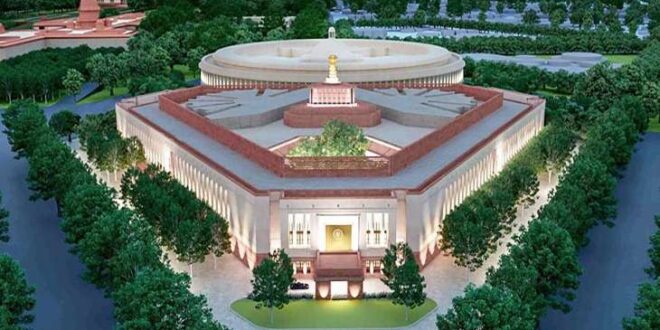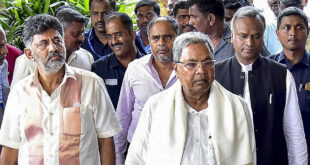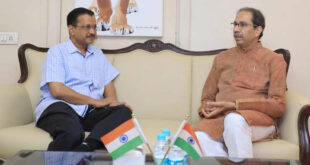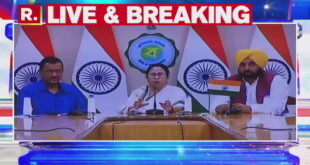In a significant development, the Trinamool Congress (TMC), one of India’s major opposition parties, has declared its decision to boycott the inauguration ceremony of the new Parliament building. This move comes as a strong statement of protest against the ruling party, raising questions about the growing political divide in the country.
The TMC, led by West Bengal Chief Minister Mamata Banerjee, expressed its discontent with the central government’s policies and accused it of neglecting the interests of the common people. The party’s decision to boycott the event underscores its dissatisfaction with the ruling Bharatiya Janata Party (BJP) and its perceived authoritarian tendencies.
Speaking on behalf of the TMC, party spokesperson and Member of Parliament, Derek O’Brien, stated, “We have decided to boycott the inauguration of the new Parliament building as a mark of our protest against the undemocratic actions and policies of the central government. We believe that the government has failed to uphold the principles of inclusivity and consultative decision-making.”
The new Parliament building, located in New Delhi, is an ambitious project aimed at providing modern infrastructure and enhanced facilities for lawmakers. The inauguration ceremony, scheduled for the coming weeks, was expected to be a momentous occasion symbolizing the strength of India’s democracy. However, the TMC’s decision to boycott the event introduces an element of discord in the political landscape.
The TMC’s move is seen as a strategic step to demonstrate its opposition to the BJP-led government’s policies, particularly in light of recent clashes between the two parties in West Bengal during the state assembly elections. The TMC’s resounding victory in those elections has emboldened the party, further intensifying the political rivalry between the two camps.
Political analysts believe that the TMC’s decision to boycott the event could have repercussions beyond symbolism. It may lead to a further erosion of trust and collaboration between the ruling party and the opposition, impeding the functioning of parliamentary democracy and the spirit of bipartisan cooperation.
In response to the TMC’s announcement, the ruling BJP downplayed the boycott, asserting that the event would proceed as scheduled, with or without the participation of opposition parties. Union Minister Prakash Javadekar stated, “The absence of one party does not undermine the significance of this landmark occasion. The new Parliament
building stands as a testament to our commitment to a strong and vibrant democracy.”
The TMC’s boycott decision echoes a growing trend of political polarization in India, with opposition parties increasingly resorting to protests, boycotts, and walkouts to voice their dissent. This trend raises concerns about the deepening divide within the political landscape and the challenges it poses to consensus-building and effective governance.
As the political stage is set for the grand inauguration of the new Parliament building, the absence of the TMC delegation will serve as a reminder of the fissures within the Indian political system. It remains to be seen whether this boycott will spur dialogue and reconciliation between the ruling party and the opposition, or if it will further widen the political divide in the country.
 India One News
India One News





